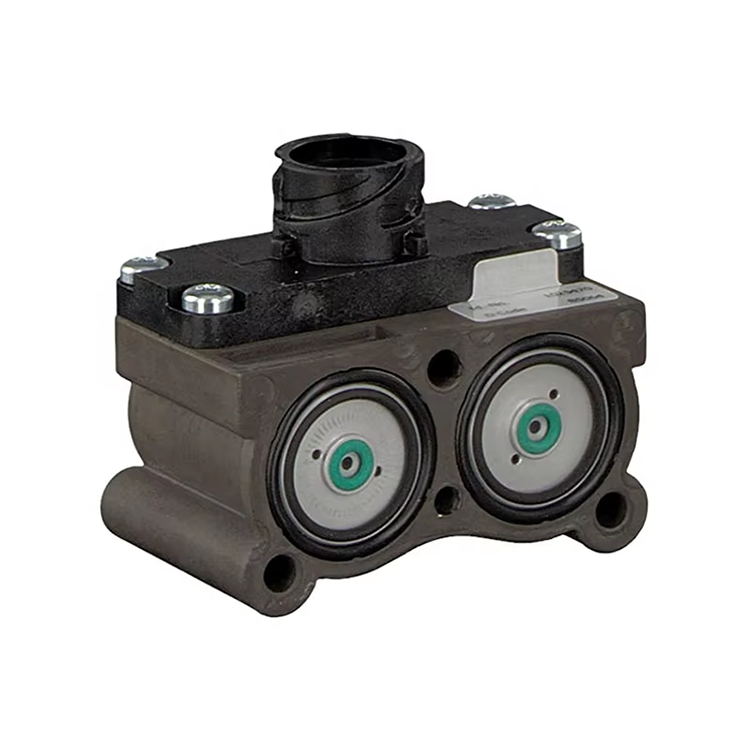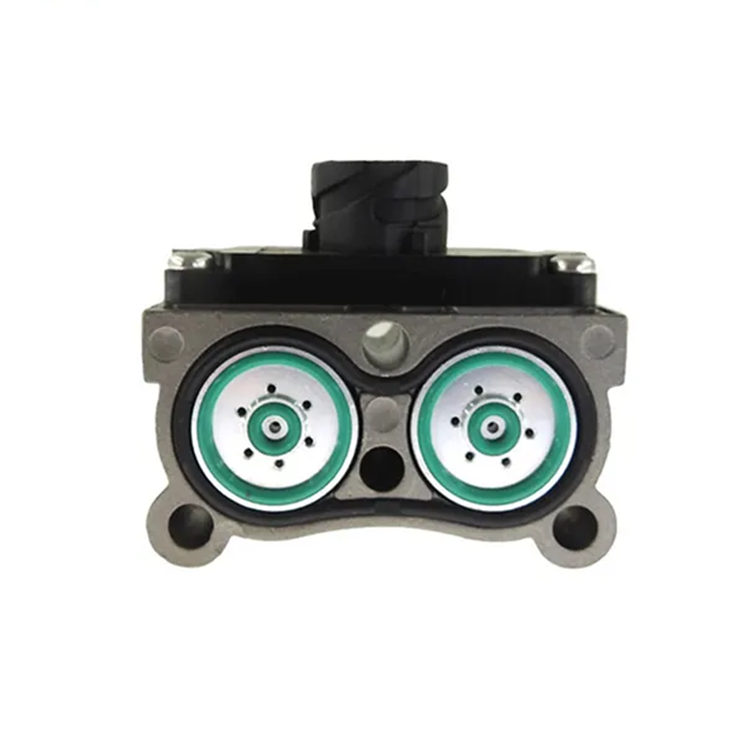

Whether it’s a manual or automatic gearbox valve, both serve an essential role in keeping systems running smoothly. But which one lasts longer? In this article, we’ll compare manual and automatic gearbox valves and figure out which one is more durable.
A gearbox control valve is used to control the flow of transmission fluid, which helps adjust gear shifts in machines and vehicles. These valves ensure that the gearbox shifts smoothly, keeping the equipment working properly.
There are two main types of gearbox control valves:
Both types serve the same basic function, but they operate in different ways.

Manual gearbox valves are simple and reliable. The user operates them through mechanical systems, like levers or buttons. Because they are less complex, manual valves usually have fewer parts that can break.
The simple design of manual valves makes them last longer in many cases. They have fewer parts, which means fewer things can go wrong. In my experience, manual valves can last for decades when properly maintained. For example, I’ve worked on older machines where the manual gearbox valves still worked perfectly after years of use, just because they were simple and easy to fix.
One downside of manual valves is that they require careful handling. If the operator doesn’t use them properly, parts can wear out faster. I've seen this happen in some older machines, where neglecting regular maintenance led to valve leaks and other issues. Regular checks and maintenance are essential.
Automatic gearbox control valves are more modern and rely on sensors and electronics to control fluid flow. They adjust automatically based on real-time data, like speed or engine temperature.
While automatic valves are great for smooth performance, they have more parts that can wear out, especially electronic components. I’ve worked on machines with automatic valves where the sensors or electrical systems failed after a few years, mainly because the system was complex and required frequent maintenance.
The main issue with automatic valves is their complexity. With more parts like sensors, motors, and electronics, they can break down more easily if not properly maintained. One time, I worked on a fleet of vehicles with automatic valves that started failing after just five years. The issue was mainly with the electronics, which required replacement.
So, which one lasts longer? Let’s look at a few factors that affect the lifespan of both types of valves.
The materials used in both types of valves are a big factor in how long they last. High-quality metals, seals, and gaskets can extend the life of both manual and automatic valves. From my experience, valves made from better materials will last longer, no matter if they are manual or automatic.
Manual valves are simpler and have fewer parts, so they tend to last longer. Automatic valves, with their sensors and electronic components, are more likely to break down over time. I once worked on an automated transmission system where the automatic valves needed replacing after five years because the sensors failed. In contrast, manual valves in the same type of system were still going strong after 15 years with only basic maintenance.
Manual valves need basic maintenance, like regular fluid changes and occasional cleaning. If you take care of them, they can last a long time. Automatic valves, however, need more frequent checks and calibration, especially the electronics. In my experience, regular maintenance is essential to keeping automatic valves running smoothly.
Where your machine operates also impacts the valve's lifespan. Harsh environments, like extreme heat or dust, can cause valves to wear out faster.
Manual valves tend to handle harsh conditions better than automatic ones. For example, I once worked on machines in a mining operation where the heat and dust caused problems for automatic gearbox valves. The manual ones, however, continued working without any major issues because they had fewer sensitive parts.
Manual valves can handle heavy use better because they are simpler and have fewer moving parts. I’ve seen automatic valves break down quickly under heavy use, especially in high-demand environments like construction or mining. In contrast, manual valves can often be repaired more easily when they start to wear down.
Deciding between manual and automatic valves depends on your specific needs.
From my years of experience, here are a few tips to help your valves last longer:
In the end, manual gearbox control valves tend to last longer due to their simpler design and fewer parts. However, automatic gearbox control valves offer smoother performance and are ideal for modern systems. The choice between manual and automatic valves depends on your needs—whether you prioritize longevity or performance.
Email format error
Email cannot be empty
Email already exists
6-20 characters(letters plus numbers only)
The password is inconsistent
Email format error
Email cannot be empty
Email does not exist
6-20 characters(letters plus numbers only)
The password is inconsistent